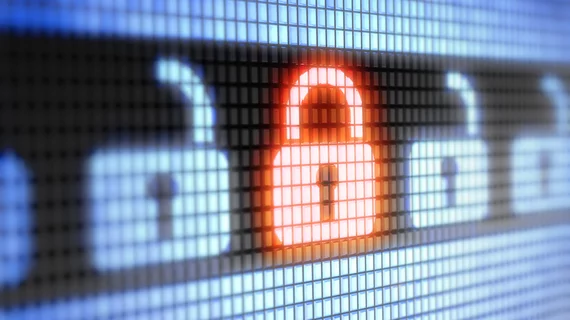A 70-year-old radiology practice recently suffered a cyberattack, leaders announced this week.
Cheyenne Radiology Group & MRI said the incident may have resulted in the inadvertent exposure of patients’ personal information. Out of an abundance of caution, it has taken steps to notify the community about the incident.
“While there is no evidence of sensitive information being misused, CRG remains committed to protecting sensitive data,” the practice said in an announcement. “The privacy and security of the sensitive information that we maintain is a top priority for CRG, which deeply regrets any inconvenience or concern this incident may cause,” the statement added later.
The Wyoming-based practice said it first detected and immediately halted the security breach on Dec. 12. After learning of the incident, Cheyenne Radiology Group hired a specialized third-party forensic expert to determine if any patient information was impacted. Letters sent to customers included additional details on what occurred, along with offering credit-monitoring services to those affected.
First established in 1952, CRG is Cheyenne’s “first and only” full-service outpatient imaging center. It employs nine radiologists, performing procedures and other services across Wyoming and Colorado.
A recent report from consulting firm Sg2 labeled cybersecurity as a top trend to watch in diagnostic imaging. Healthcare experiences the highest cost per breach, averaging about $10 million per incident, according to IBM. In one recent example, Raleigh Radiology experienced a ransomware attack that cost the practice more than $1 million.

